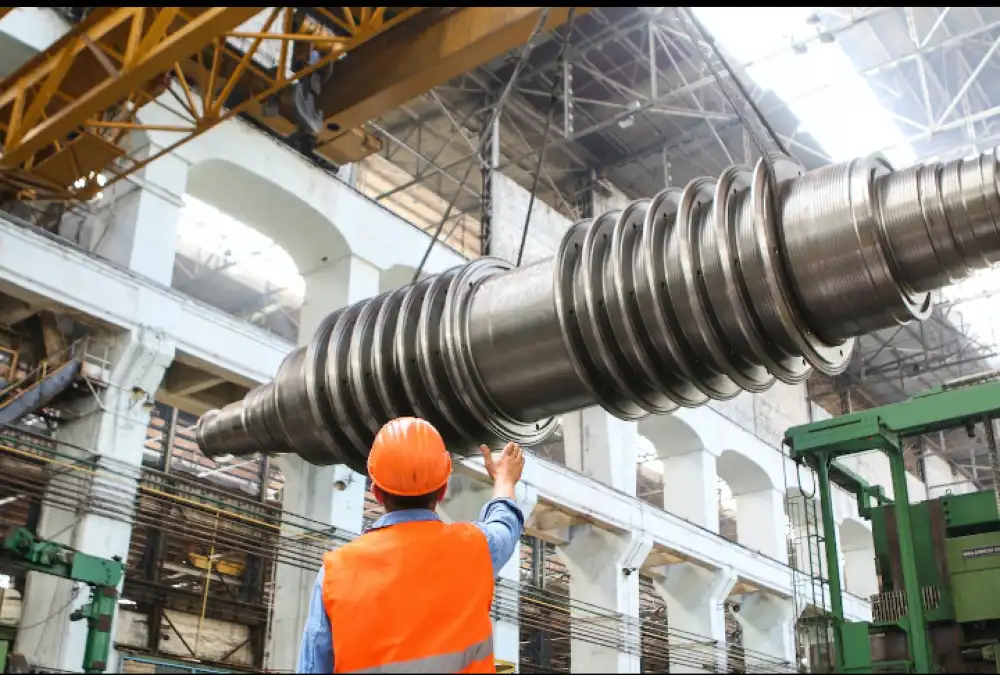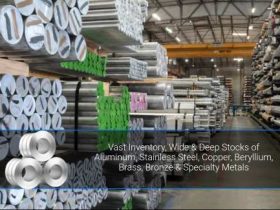
Construction projects whether they involve building a new home a commercial structure or even infrastructure like roads and bridges rely heavily on the timely and efficient procurement of materials. The process of obtaining construction materials is a critical aspect of any project and it directly impacts the project’s timeline budget and overall success. This article will explore the various methods and considerations that construction workers and project managers employ to obtain the necessary materials for new builds.
Material Procurement Strategy
A well defined material procurement strategy serves as the project’s compass ensuring that the right materials are procured at the right time and within budget. It encompasses creating a comprehensive material plan which specifies the type quantity and quality of materials required. This plan is an essential tool for preventing over ordering or shortages and reducing costly delays. It also accounts for regulatory standards project specifications and design requirements. An effective procurement strategy includes meticulous planning careful budgeting and precise timelines. It sets the foundation for the entire procurement process and contributes significantly to the project’s overall success.
Local Suppliers and Vendors
Local suppliers and vendors are a preferred choice for construction materials due to their proximity timely deliveries and knowledge of local building codes and regulations. By engaging with local sources construction professionals can streamline material procurement and reduce transportation costs. This not only benefits the project’s efficiency but also supports the local economy. Building long-term relationships with local suppliers and vendors ensures a steady supply of quality materials and creates a network of expertise that can prove invaluable during the construction process.
Online Marketplaces and E-Commerce
Online marketplaces and e-commerce platforms including those from an online metal supplier, have transformed the way construction materials are sourced. They offer an extensive array of products providing construction professionals with the ability to compare prices read reviews and access a wide range of specialized materials. The convenience and accessibility of these platforms have made them increasingly popular. However exercising due diligence is crucial when using online marketplaces to verify the credibility of the seller and assess the quality of the products. Careful research and scrutiny are necessary to ensure that materials meet the project’s specific requirements.
Wholesalers and Distributors
Wholesalers and distributors play a pivotal role in the material supply chain. They act as intermediaries between manufacturers and construction professionals. These businesses purchase materials in bulk and then sell them in smaller quantities to construction workers. This approach often results in cost savings due to bulk purchases. Wholesalers and distributors are particularly advantageous for larger construction projects where substantial quantities of materials are required. They offer an efficient way to access a wide range of materials and brands while also benefiting from economies of scale.
Direct from Manufacturers
For projects requiring specialized or custom materials direct procurement from manufacturers can be advantageous. This approach allows for greater control over quality customization and potentially reduced costs. By eliminating intermediaries construction professionals can directly communicate their needs to manufacturers. However this procurement method may involve longer lead times which should be factored into the project schedule to avoid delays. Direct procurement from manufacturers is often utilized when specific materials that meet unique project requirements are necessary.
Sustainability and Recycling
As environmental consciousness grows more construction professionals are sourcing materials from demolition sites or recycling centers. These practices reduce waste, environmental impact and the depletion of natural resources. Sustainable materials such as bamboo, reclaimed wood, and recycled steel, are gaining popularity for their eco-friendly attributes. Incorporating sustainability into construction material procurement not only benefits the environment but also aligns with modern societal expectations and regulations. It showcases the industry’s commitment to responsible practices and creates opportunities for innovation in sustainable construction.
Environmental Considerations
Construction professionals are now proactively embracing sustainable practices to mitigate the industry’s environmental impact. This includes the use of energy-efficient materials that reduce resource consumption and lower carbon emissions. Minimizing waste through improved construction practices and recycling is another crucial aspect of sustainability. Many construction experts now prioritize sourcing materials from sustainable suppliers reducing the ecological footprint of their projects. By implementing these measures the construction industry not only helps protect the environment but also aligns with growing societal expectations for responsible and eco-friendly practices in construction.
Conclusion
Obtaining construction materials for new builds is a multifaceted process that requires careful planning sourcing and management. Construction workers and project managers must consider the type and quantity of materials where to source them, and how to ensure their quality and timely delivery. With efficient material procurement and management construction projects can run smoothly stay within budget and meet the required specifications ultimately leading to successful new builds.













